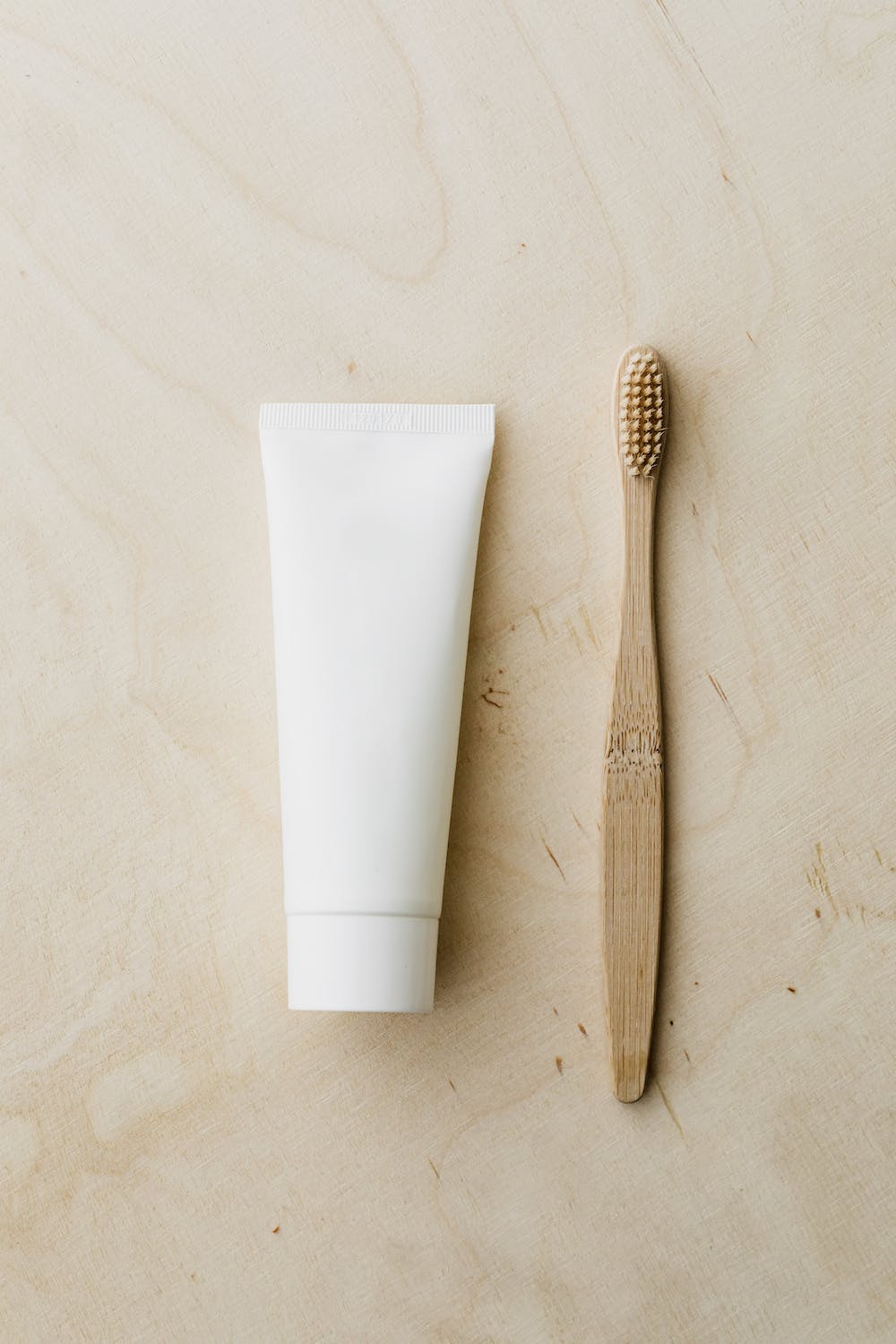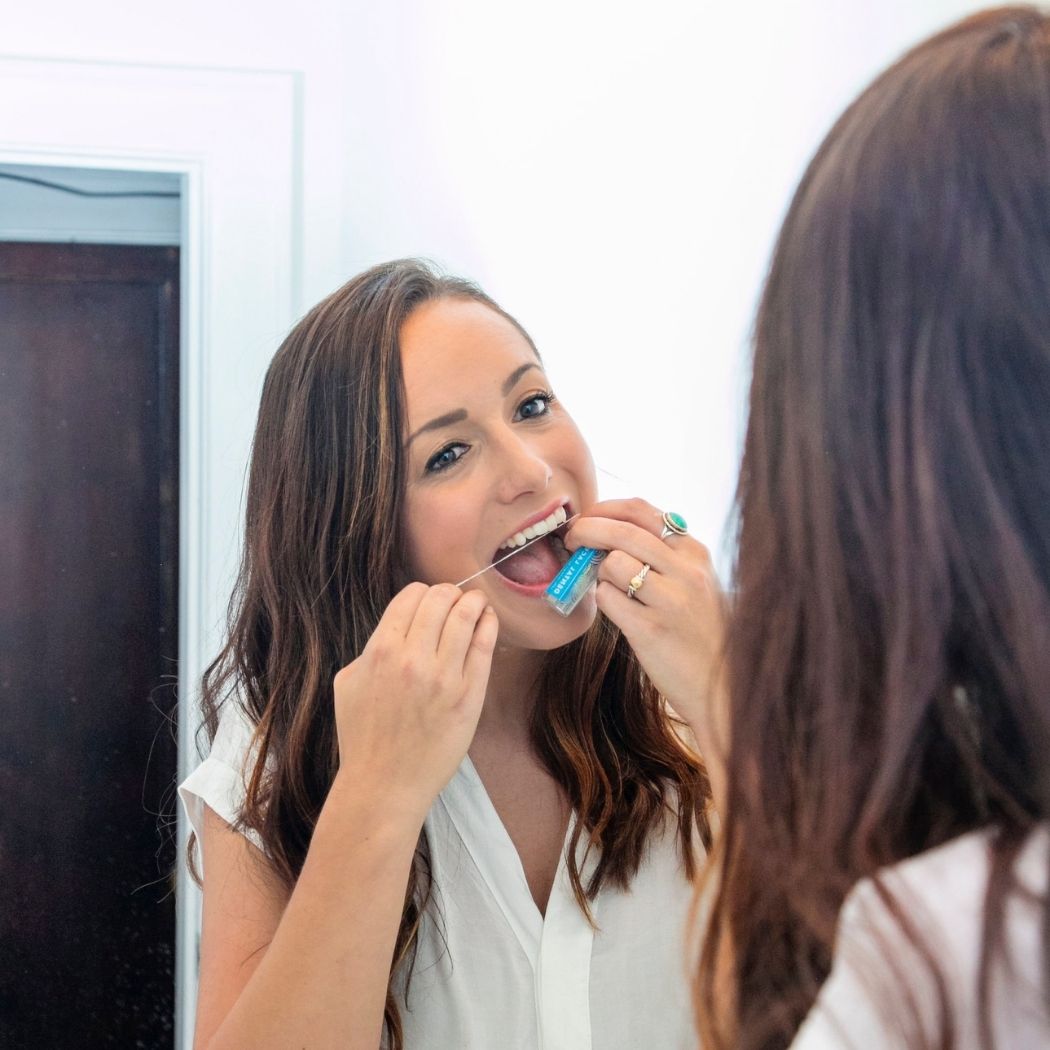The Effect Of Plastic On Dental & Environmental Health
by: Amy Jones
Dental materials and their impact on the environment have taken a turn for the worse in recent years. Whilst the health of patients is still at the height of importance, the negligence of the environmental impact is worrying. So much so, that it is estimated that 1 billion plastic toothbrushes are thrown away every year in America alone. These staggering numbers might mean nothing to you, however, it is important to keep in mind that these toothbrushes are ending up in our oceans and being dumped into landfills.
This does not mean to say that you should keep one toothbrush for the rest of your life, as this would lead to severe oral health complications, however, we can take a stand against the reproduction of single-use plastics (SUPs) and opt for the eco-friendly alternatives instead.
How Does Plastic Affect The Environment?
With so much talk about making the world more sustainable and securing the future of the planet, there is a little in-depth conversation about how plastics are dangerous. Having a baseline understanding of just how dangerous plastics are for the environment might embed the importance of taking action and reducing the number of SUPs we use. Here are just a few of the detrimental ways that plastic is damaging the environment:
- Plastic can be found everywhere - Plastics are now being found in all areas of the world due to our mass consumption and waste production. From the bottom of our oceans to the highest mountains on earth, plastics are being disposed of wherever possible, affecting wildlife and habitats that animals and people call their homes.
- Plastics are killing wildlife - Not only are plastics invading the homes of wildlife, but they are also causing their deaths. Scientists have found that 100% of wildlife that washed on British shores had some form of plastic in their stomachs. Not only that traces of microplastics are being found in humans, and it is estimated that humans could be ingesting as much as a credit card in plastic a week!
- Most plastics last forever - Despite people's best efforts to ensure they recycle and reduce their waste, plastics used in any format are likely to last forever, with less than 10% of all recycled plastics being recycled.
How Does Plastic Relate To Dentistry
Now you have an idea as to the harrowing effects that plastic is having on the environment, you might be wondering, what does this have to do with dentistry? It may surprise you that the dental industry contributes a large amount of waste to the environment. Due to the necessity to keep materials and equipment clean at all times, the use of SUPs in dentistry has been unavoidable until recent years. Infection control policies have heightened even more since the COVID-19 pandemic.
Dentistry, being an essential business, still had to operate during the hardest of times, which introduced the use of protective equipment which was predominantly made with single-use plastics. Additionally, everyone on the planet who has access to dental care is more than likely a regular plastic toothbrush user, which as we know often gets thrown into waste once they are past their usability, suggesting our contribution towards dentistry plastic waste on the environment. The disposal of these plastics is not only having an effect on the environment, but as a result, we are self-sabotaging and disrupting the air quality, and encouraging pollution.
Can We Recycle Plastic?
The short answer is yes, however as mentioned with less than 10% of all plastics being recycled, and even more, being produced daily, the best preventative method is to opt for biodegradable alternatives. Plastics can be complicated, as there are so many different compounds of plastics that can’t be combined. Most of it ends up in landfills which as mentioned pollutes the environment for humans, and wildlife and also creates toxins that ruin the air quality.
Who Is Responsible, Businesses, Dentists, Or Consumers?
The answer is: we are all responsible for how oral care has affected the environment. As much as oral care is essential for our health and development, as humans, we all still have a responsibility to reduce our plastic waste. Large corporations who make Invisalign in Cheltenham for example might consider creating a material that is biodegradable and renewable, rather than creating dental solutions with plastics. This also applied to things such as toothbrushes. We as consumers might make a stand against plastic toothbrushes and opt for bamboo-made toothbrushes which are much more sustainable. Finally, dentists may have some SUPs that are unavoidable for hygiene reasons, but they should make a conscious effort to reduce their plastic waste where they can. For example, they might avoid using single-use plastic cups and offer biodegradable alternatives. It is possible to go zero waste, but we are a long way away from being a zero-waste planet.
What Alternatives Can We Consider For Sustainable Oral Care?
There are a few actionable steps we can take as consumers to begin making change. Start with these small changes that can make a great impact on the environment as well as your oral care:
- Swap your plastic toothbrush with a bamboo toothbrush.
- Use refillable dental floss instead of single-use floss.
- Opt for toothpaste that states the packaging is refillable or recyclable.
- Find a dental practice that aims to reduce plastic waste. Many practices are beginning to implement these changes.
Bottom Line
Overall, everyone can make changes that would reduce the production and consultation of single-use plastics. As much as they are a part of our everyday lives, we still have a responsibility to make a change and swap these toxic dental materials for sustainable, biodegradable options. The waste products from dentistry will continue to have detrimental effects on the environment if change doesn’t happen soon. We can all work together, with businesses, dental practices, and consumers to reduce our plastic use and fight against climate change.



